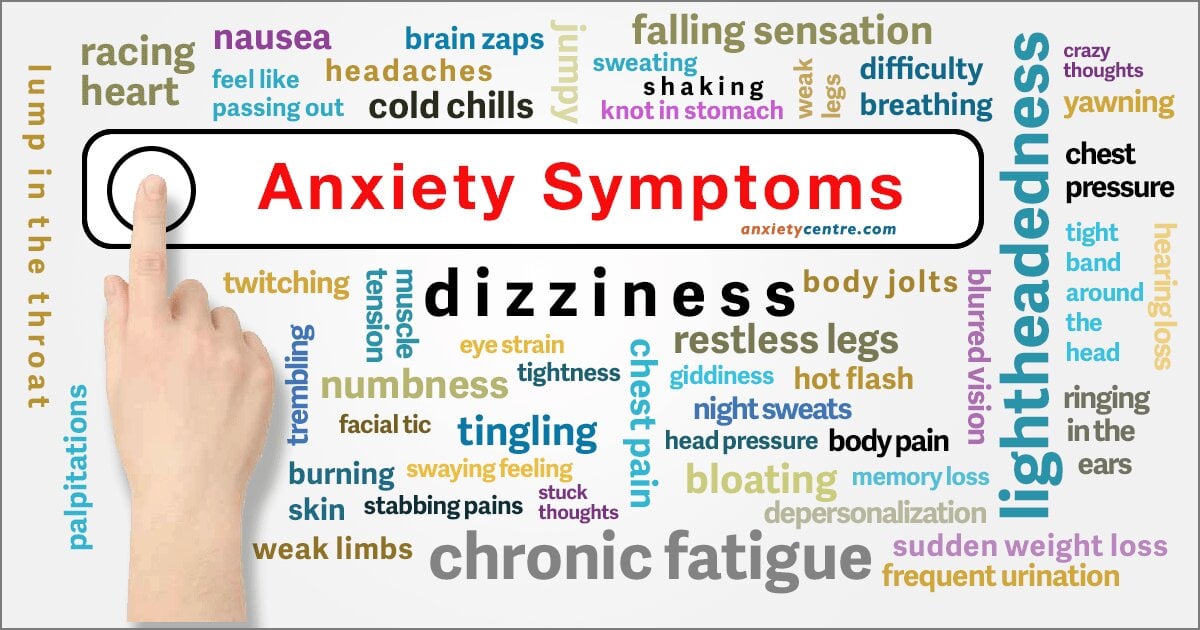Work Anxiety Psychologists - Asssessment of Workplace Anxiety by Psychologists In London and Throughout the UK
Anxiety is a mental illness and can also be a disability Under the Equality Act 2010. Anxiety can cause psychological problems at work. As psychologists, we work with organisations and individuals to identify coping mechanisms and strategies for managing stress and anxiety at work.
Deadlines and dealing with difficult people are reported to be the biggest causes of work-related anxiety. Workplace grievance and disciplinary procedures can often result in increased levels of workplace anxiety. Perfectionism and stress can also lead to clinically significant levels of anxiety. Additionally, ineffective communication contributes to anxiety at work. The Health and Safety Executive reported over 300,000 cases of work-related stress in 2017.
Work Anxiety
“Work anxiety, phobias, or hypochondriac anxieties are linked to conditions at work, interacting with peers and managers, and fears of inadequacy or judgement.”
Ask About Our Online Remote Video Enabled Version of This Psychological Assessment. Find Out More Here About the Process Here

Call us on + 44 (0) 208 200 0078
Symptoms and Signs of Workplace Anxiety
The following are signs of work anxiety:
- Increased irritability and angry outbursts at work.
- You find that you no longer enjoy your job.
- Negative emotional reactions at work.
- Negative thoughts.
- You doubt your competence and ability at work.
- Deterioration in memory.
- You feel depressed.
- You feel dissatisfied and disappointed with yourself even if you have not made any errors.
- Fatigue.
- Loss of motivation.
- Eating too much or not eating enough.
- You find it difficult to sleep.
- You find it hard to concentrate.
- Increase levels of absence from work.
- Loss of interest in sex.
- Stomach upsets.
- You suffer from an increase in headaches and muscle tension.
- Crying for small things and becoming more emotional than usual.
- You withdraw socially from others.
- You might turn to alcohol or drugs to cope.

What is Work Anxiety?
“Workplace anxiety is a learnt response to stress and can be triggered by several factors, with some cases more severe and debilitating than others. While most people experience some levels of stress in the workplace, workplace anxiety differs in that it goes beyond the body’s natural response to fear.It’s important to distinguish between healthy, productive levels of stress and that of anxiety, which can impinge on an individual’s mental focus, satisfaction, motivation, and ability to carry out their work duties.”
Common Work Anxieties
Typical workplace anxieties include:
- Anxiety related to speaking in public.
- Stress associated with working in groups.
- Anxiety linked to fear of not meeting deadlines.
- Distress caused by the fear that one’s work will not meet performance standards.
- Worry about being judged.
- Fear of humiliation.
- Anxiety associated with interacting with one’s managers.
- Avoidance of committing to new tasks.
- Anxiety associated with trying for a promotion.
How to Cope with Anxiety ― Tips for Managing Work Anxiety
The following are strategies for managing stress and anxiety at work:
- Understand the things that trigger your anxiety at work, then create a plan to deal with your triggers.
- Build support networks at work.
- Don’t be afraid to ask for help and clarification.
- Agree on realistic deadlines with your manager.
- Strive for sensitive communication which seeks to calm the situation.
- Wait until both parties have cooled down. It is usually challenging to listen to others or have others listen to you when both parties are anxious or angry.
- Try to rebuild an atmosphere of positive listening and communication with the person you have had a disagreement with.
- Reduce or eliminate your intake of caffeine.
- Where possible, communicate face-to-face rather than by email.
- Use resources such as the free online resources on Advanced Assessments’ website.
- Use your organisation’s Employee Assistance Programme, your GP, NHS therapy and private therapy.
- Try not to bring your work home and switch off from work when you’re at home.
- Take regular breaks at work.
- Use relaxation techniques that help manage your anxiety at work, such as breathing or going for a brief walk.
- Put well-being on your daily to-do list.
- Use daily affirmations.
- Practise work-life balance.
- Delegate effectively.
- Keep fit and exercise at least three times a week.
- Cognitive behavioural therapy and mindfulness.
- Develop a regular sleeping pattern.
- Have a healthy balanced diet.
- Prioritise; and breakdown larger tasks into small achievable goals.
- Find a less anxiety-provoking job.
Managing Stress at Work - How to Deal with A Panic Attack
Anxiety at Work Should I Quit?
Before you decide to quit work because of anxiety, it is helpful to put in place coping strategies to help you manage stress at work and overcome anxiety at work. Ultimately, we would always advise that the most important thing should be your health and your family. Money can be replaced but your health and your family cannot!
Anxiety at Work Your Rights
Remember, if your anxiety is significant enough to be a disability, your employer will be required to make reasonable adjustments for you at work under the Equality Act 2010. Our psychologists at Advanced Assessments Ltd can carry out assessments to determine whether your anxiety is significant and substantial enough to be a disability.
Notify your employer if your anxiety is a disability so that you will be legally protected by the Equality Act 2010.
Find Out More About Work Anxiety
- Work Anxiety: 10 Tips to Manage Anxiety at Work & Survive Until 5pm
- Anxiety at Work - Calmer You
- 5 Things to Try When You Feel Anxious at Work
- My Anxiety & Depression at Work
- 'I Burned Out From Work Stress'
- 12 Tips for Managing Anxiety at Work
- How to Cope with Generalized Anxiety Disorder at Work
- Jobs for People with Generalized Anxiety Disorder
- How to Cope with Anxiety at Work and What to Do If You're Having A ...
- Workplace Stress & Anxiety Disorders Survey
- Five Things to Remember When You're Dealing with Work Anxiety
- What to Do if Your Workplace is Anxiety-Inducing
- Anxious at Work: Is it Me or This Damn Job?
- Anxiety at Work: A Career-Busting Condition
Find A Psychologist Near Me

Advanced Assessments - Psychologists for Legal, Education and Employment
Open Now - 24 hour Service - Open Weekends
We work throughout the UK
UK: +44 208 200 0078 Emergencies: +44 7071 200 344
180 Piccadilly, London, W1J 9HF
Also at: Westhill House, Highgate Consulting Rooms, 9 Swain's Lane, London N6 6QS
Please do not attend our office if you do not have an appointment
Twitter: @ExpertWitness_
Facebook
We are a part of the Strategic Enterprise Group
